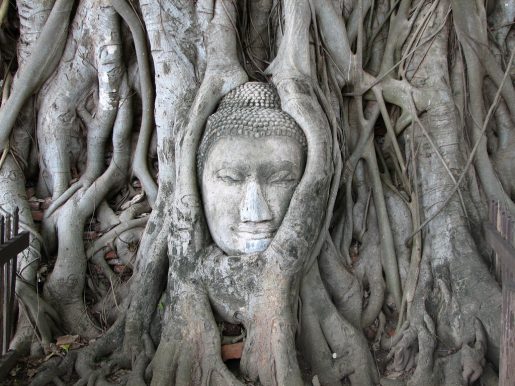
Do not argue with
what is; simply follow the
progress of truth.
Wisdom teaches us that in order to obtain a following — the aid and agreement of others — we must first ourselves practice following. This is done by steadfastly observing what is correct and putting it into practice; in other words, we follow the Sage. This hexagram comes to remind you to make it possible for others to be loyal and helpful to you by redevoting yourself to following inner truth.
It is essential now to quietly accept the way that things are. This does not necessarily mean that you endorse or celebrate current circumstances, just that you do not resist them. Acceptance is the most fundamental principle in the philosophy of the I Ching. To resist events is similar to resisting the turning of the earth – you only exhaust yourself in vain.
To resolve a difficult situation, follow the good within yourself. Whatever correction is necessary is made possible in this way. The use of force or cunning will only breed resentment and misfortune. Peace blooms quickest where proper principles are given expression.
Leading others is a delicate art, and our model in this is always the Sage. Proceed gently, with balance, staying unattached to results and free of egotistical pretensions. Lead the people by following the Sage, and good results will always be had.
The I Ching, or Book of Changes
ebooks & apps of the Tao the Ching, I Ching,
Hua hu Ching, Wei wu Wei Ching,
You
can now buy
the I Ching as part of a
five-app bundle of Taoist classics
for iPhone or iPad for less than
the cost of one hardcover
book.




